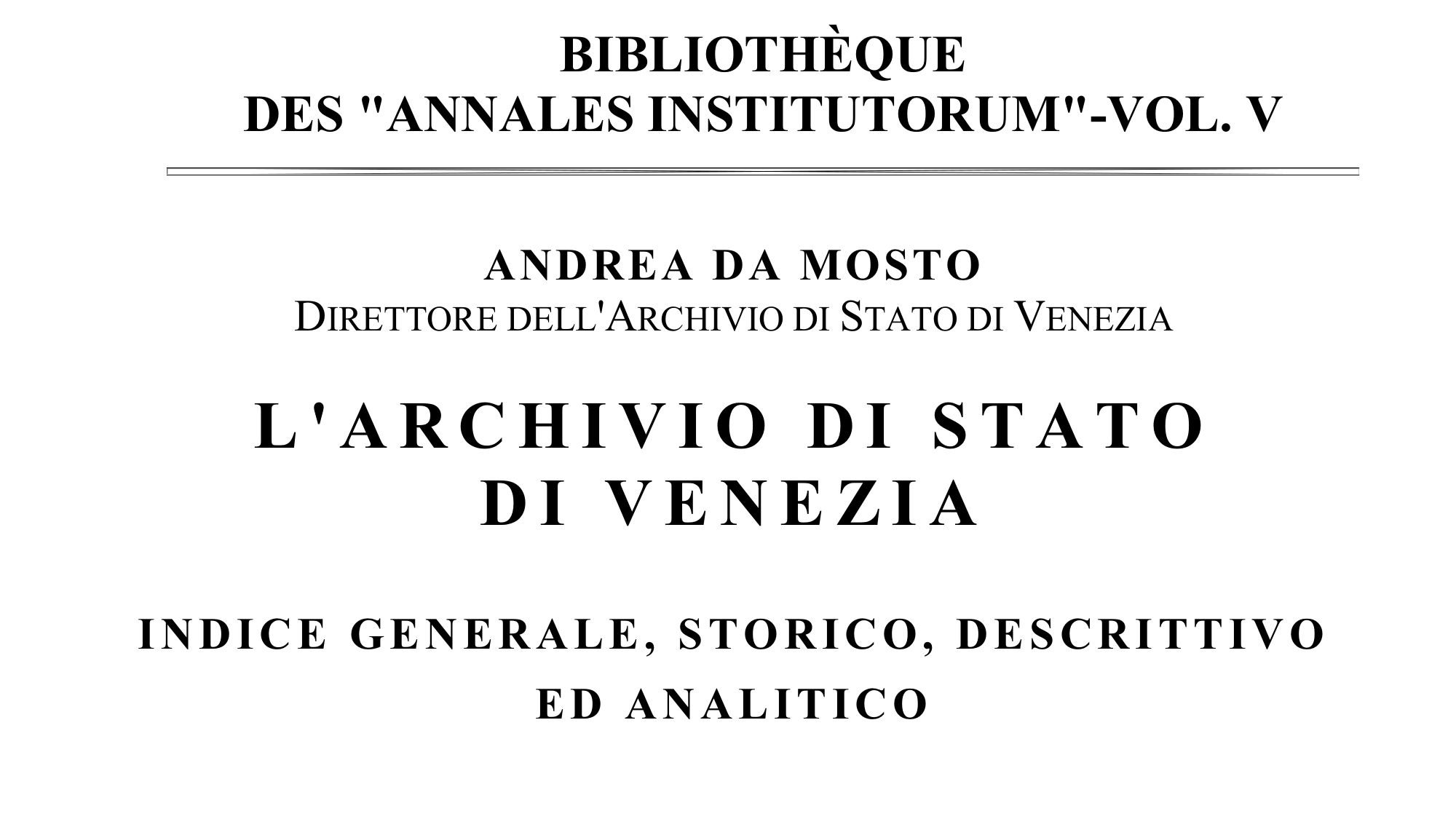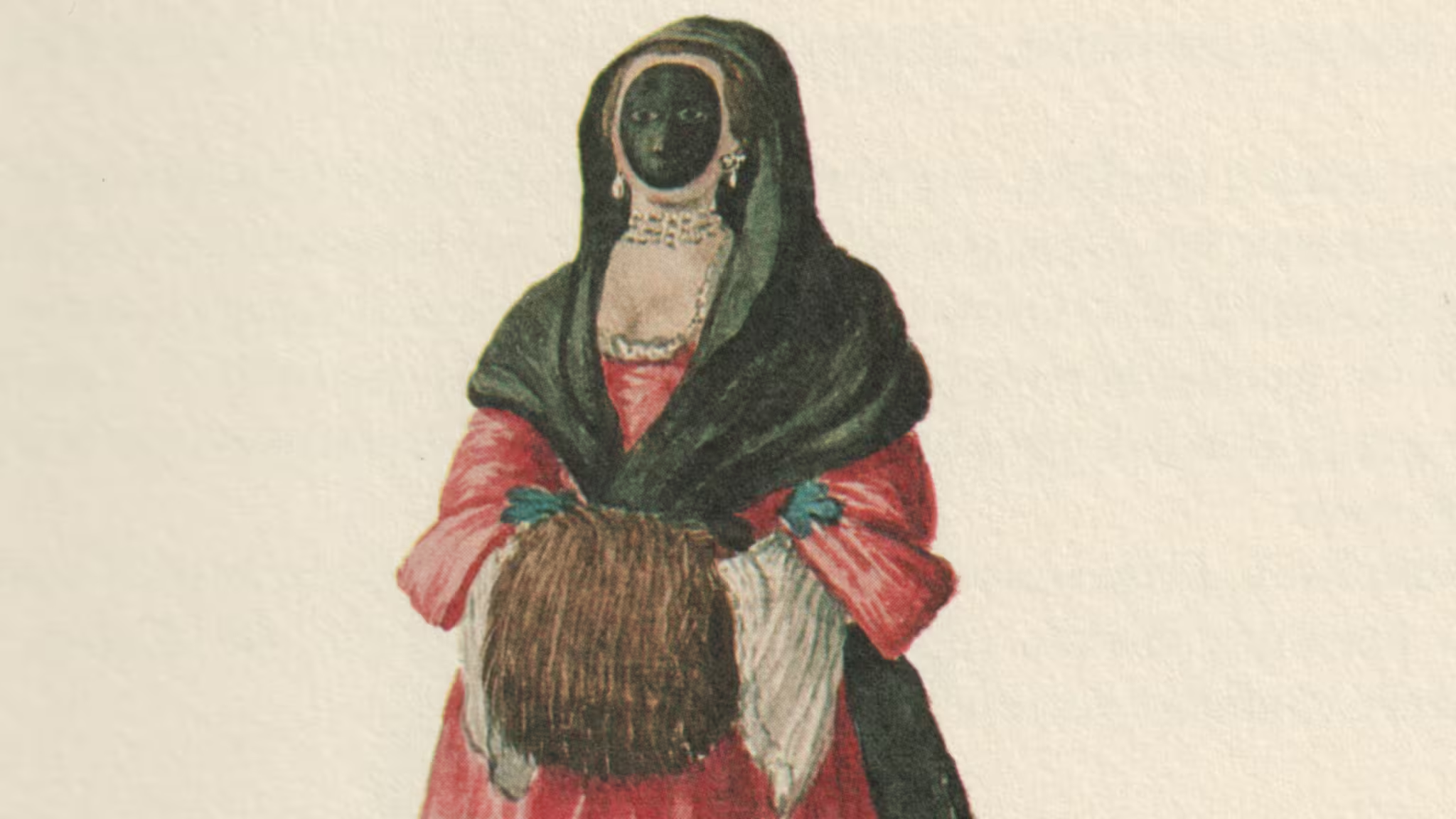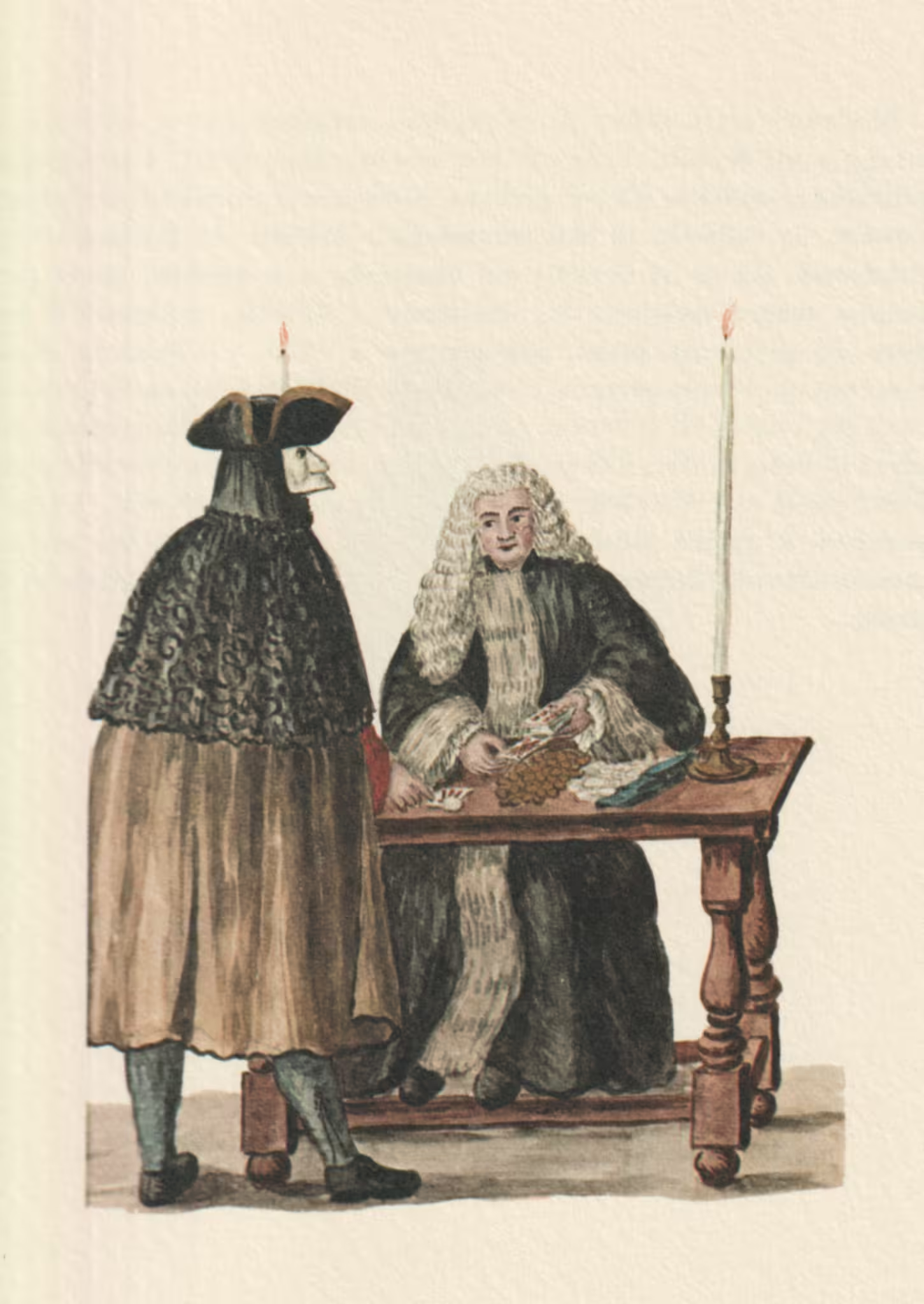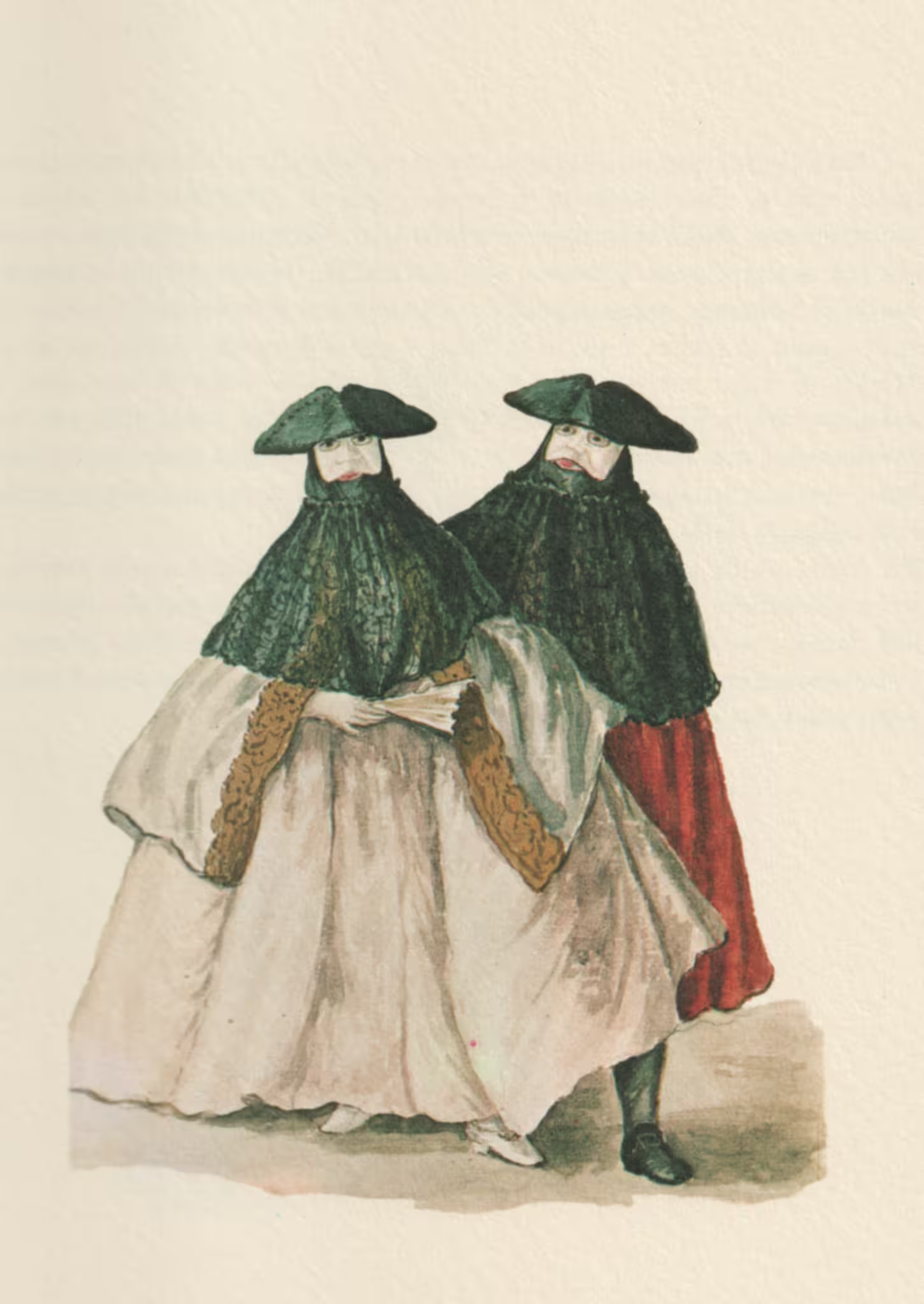Provveditori e Sopraprovveditori alla Sanità
The L’Archivio di Stato di Venezia: indice generale, storico, descrittivo ed analitico by Andrea Da Mosto was published in 1937. Besides being a general index of the holdings of Venetian documents in the state archive, it contains short historical descriptions of most Venetian offices and magistracies.
Andrea Da Mosto (1868-1960) was director of the Archivio di Stato di Venezia (1936-1937).
The establishment of the three Provveditori alla Sanità,1 as an ordinary and permanent body, dates back to 1485 and was a consequence of the deadly plague of 1478. Even before that, three nobles had been elected in case of need, delegated to this matter, but the duration of their office had always been limited to the duration of the emergency.
In relation to the importance of the task entrusted to them of preserving public health, the Provveditori were invested with the widest powers. In fact, in 1504 they were granted criminal jurisdiction and in 1535 all their decisions were declared final, a rule which was however tempered, four years later, by the Council of Ten, which for some specific matters established the appeal before a Board composed of of Esecutori alla Bestemmia2 and Savi all’Eresia.3
Their vigilance extended across a vast field: on the lazzaretti, on the cleaning of streets and cisterns, on foodstuffs, on vagabonds and beggars, on prostitutes, on innkeepers, on burials, on the colleges of doctors, physicians and barbers.
Since their appointment in 1537 was passed to the Maggior Consiglio from the Senate which previously carried it out, the latter, following its usual system, added, in 1556, to the Provveditori, two new officers with the title of Sopraprovveditori alla Sanità,4 giving the whole body also the power to pass capital sentences. But in 1563, against their decisions, recourse was established to a special College of ten Sages to be elected if necessary by the Senate from its own midst.
Under the magistrate’s command there were health offices in every city and important place subject to Venice.
Translator’s notes
- Literally the Superintendents of (public) health. ↩︎
- A magistracy in charge of crimes against religion and morals. Literally the Executors against Blasphemy. ↩︎
- The “Sages against Herecy”. ↩︎
- The “Over-superintendents”. ↩︎
Original text
L’istituzione dei tre Provveditori alla Sanità, come organo ordinario e permanente, risale al 1485 e fu conseguenza della micidiale peste del 1478. Anche prima erano stati eletti in caso di bisogno tre nobili, deputati a questa materia, ma la durata del loro incarico era stata sempre limitata, alla durata della emergenza.
In relazione all’importanza del compito loro affidato della conservazione della salute pubblica i Provveditori furono investiti dei più ampi poteri. Nel 1504 infatti fu loro concessa la giurisdizione criminale e nel 1535 vennero dichiarate inappellabili tutte le loro decisioni, norma quest’ultima però temperata, quattro anni dopo, dal Consiglio dei Dieci, che per alcune espresse materie stabilì l’appello davanti ad un Collegio composto di Esecutori alla Bestemmia e Savi all’Eresia.
La loro vigilanza si estendeva in vasto campo: sui lazzaretti, sulla pulizia delle strade e delle cisterne, sui commestibili, sui vagabondi e questuanti, sulle meretrici, sugli albergatori, sulle sepolture, sui collegi dei medici, dei fisici e dei barbieri.
Essendo la loro nomina nel 1537 passata al Maggior Consiglio dal Senato che prima l’effettuava, questo, seguendo il suo solito sistema, aggiunse, nel 1556, ai Provveditori, due nuovi ufficiali col titolo di Sopraprovveditori alla Sanità, dando a tutto il corpo anche la facoltà di emanare sentenze capitali. Ma nel 1563 contro le loro decisioni fu stabilito il ricorso ad un apposito Collegio di dieci Savi da eleggersi all’occorrenza dal Senato dal proprio corpo.
Alle dipendenze del magistrato vi erano uffici di sanità in ogni città e luogo importante soggetto a Venezia.
p. 211
Related articles
- Provveditori sopra la Sanità — Lessico Veneto
- Sanità — Dizionario
- The Venetian Lazzaretti
- Lazzaretto Vecchio
- Lazzaretto Nuovo – the first quarantine station
- State institutions of the Republic of Venice





Leave a Reply